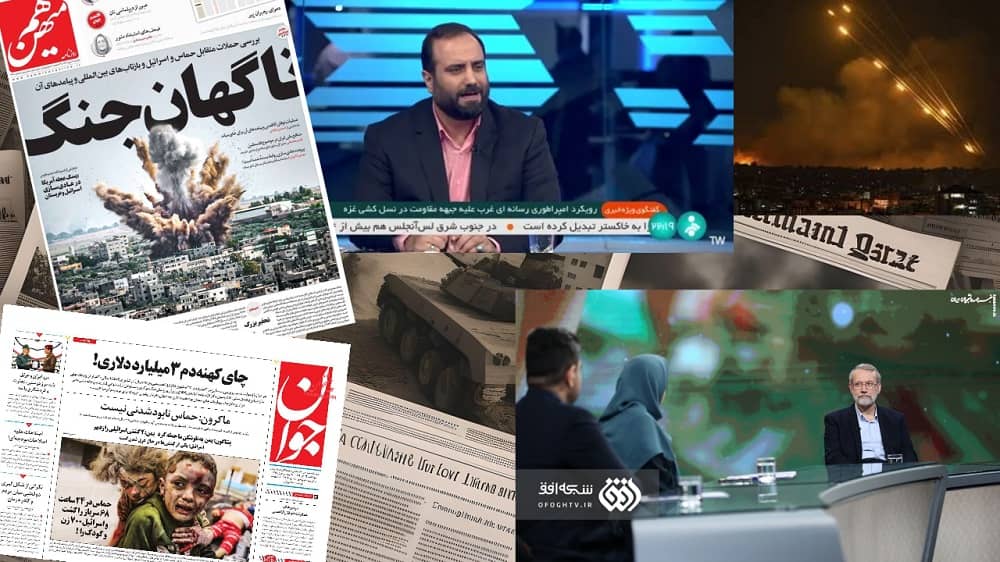
The Iranian regime, under the leadership of President Ebrahim Raisi, appears to be navigating a complex landscape of internal pressures and regional power dynamics.


The Iranian regime, under the leadership of President Ebrahim Raisi, appears to be navigating a complex landscape of internal pressures and regional power dynamics.
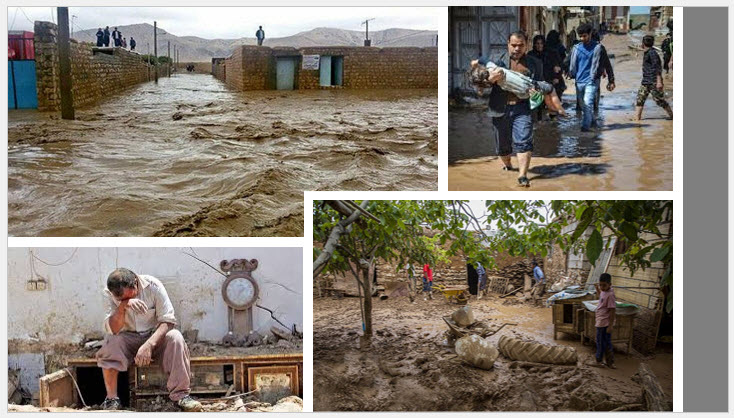
Recent reports indicate the tragic deaths of three Iranian citizens in Karvandar Town, Khosh District, alongside widespread damage and disruption in areas including Sistan and Baluchestan, Kushkunar Parsian, Hormozgan, and Asalouyeh.
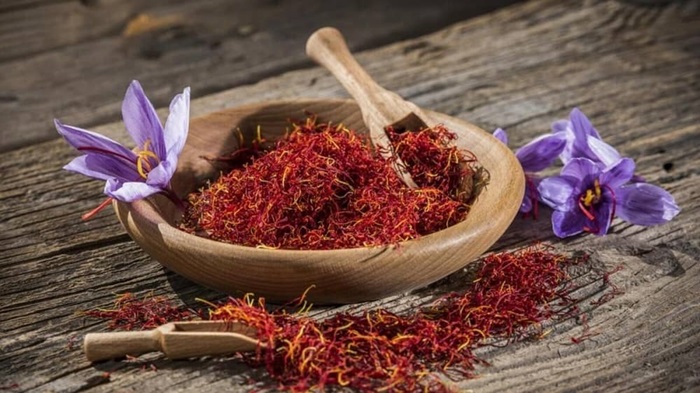

This situation sheds light on the distressing repercussions of domestic policies and international competition, according to Farshid Manouchehri, Secretary of Iran’s National Saffron Council.
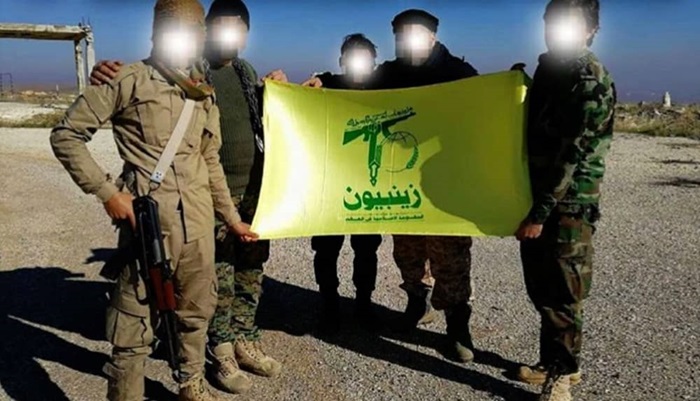

The announcement came through a directive released on Thursday, which now lists the brigade among 79 other proscribed organizations.
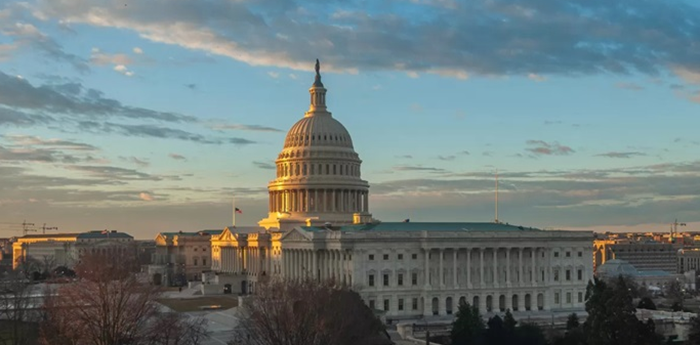

The hearing, dubbed “Countering Illicit Finance, Terrorism, and Sanctions Evasion,” spotlighted the rising concerns over Iran’s financial maneuvers and their ramifications for global security and American interests.
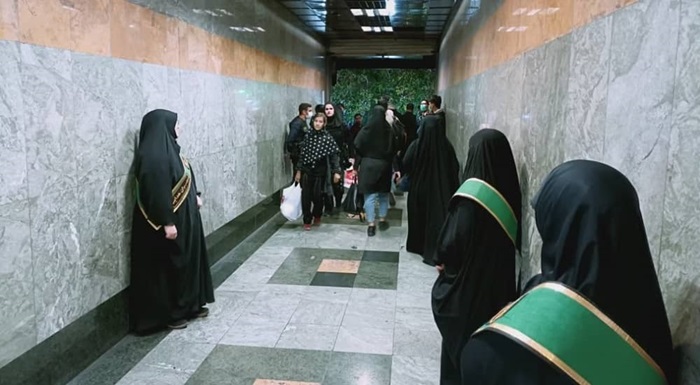

This decision emerges as part of a broader strategy to stabilize the regime amidst the ongoing power struggles within its ruling factions.
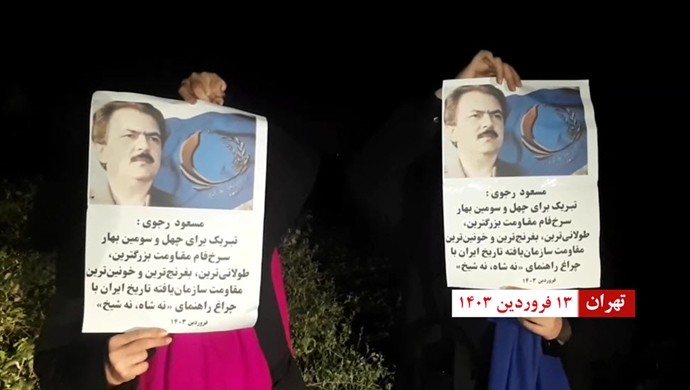

These actions come as a clear demonstration of an unwavering determination to confront the mullahs’ regime, marking the 43rd anniversary of Iran’s longest and most complex resistance movement.
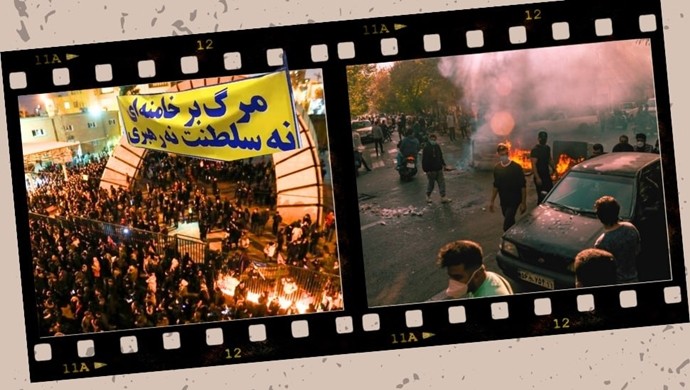

Speaking at the tomb of Ruhollah Khomeini, the regime’s founder, on March 29, Eje’I’s words painted a picture of a regime under siege, facing both internal factionalism and external pressures. His comments come amid a backdrop of increasing public dissatisfaction and hints at a fear of potential societal upheaval.
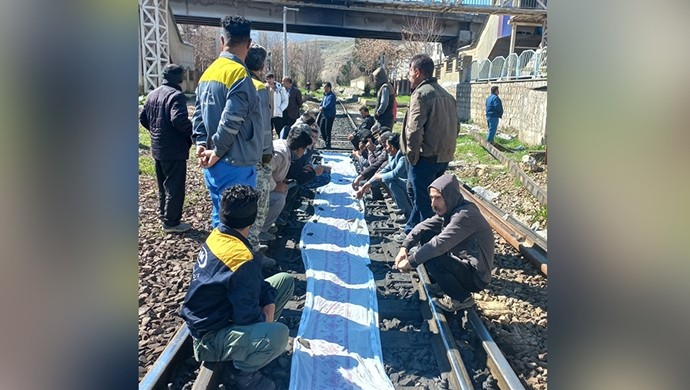

While the Iranian leaders project an image of growth and prosperity for the Persian year 1402, spanning March 2023 to March 2024, a closer look at various reports reveals a vastly different, troubling picture of the nation’s economic health.
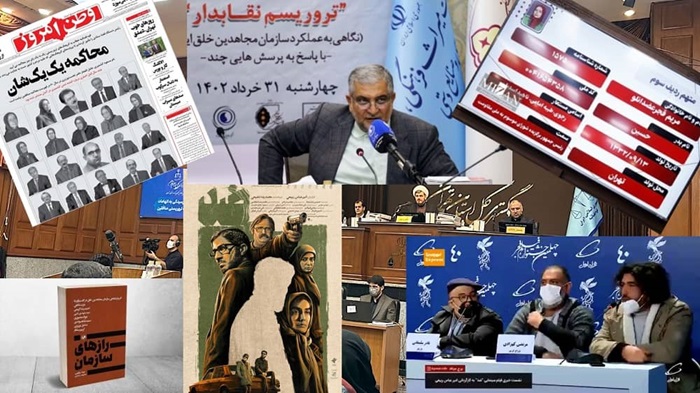

This act revives a pivotal moment in history, highlighting a deep-rooted conflict within the Iranian regime and its ongoing efforts against the People’s Mojahedin of Iran (PMOI/MEK), a group advocating for a secular, democratic Iran.